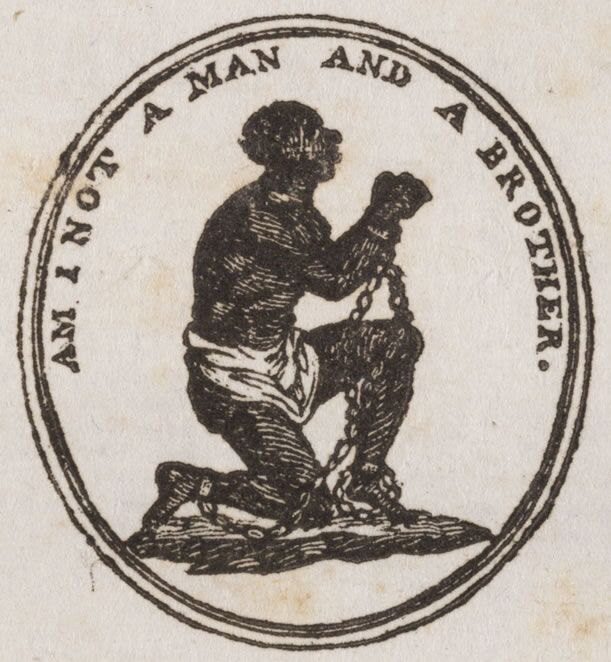
The Naturalization Act of 1790
The Naturalization Act of 1790 allowed free White males of “good moral character” to become citizens after living in the United States for at least two years. Indentured servants, slaves, and women were not eligible for citizenship.
At the conclusion of the Revolutionary War, American leaders sought ways to separate the country’s identity from that of Great Britain and solidify the democratic government that had been at the heart of the struggle for independence. The Constitution of 1789 did not define citizenship and said little about immigration, but it did authorize Congress to establish “an uniform rule of naturalization”. The 1790 act also required immigrants to take an oath to support the Constitution and to renounce all allegiance and fidelity to “every foreign Prince, Potentate, State or Sovereignty.”
The Naturalization Act of 1795 increased the residency requirement for citizenship to five years.

